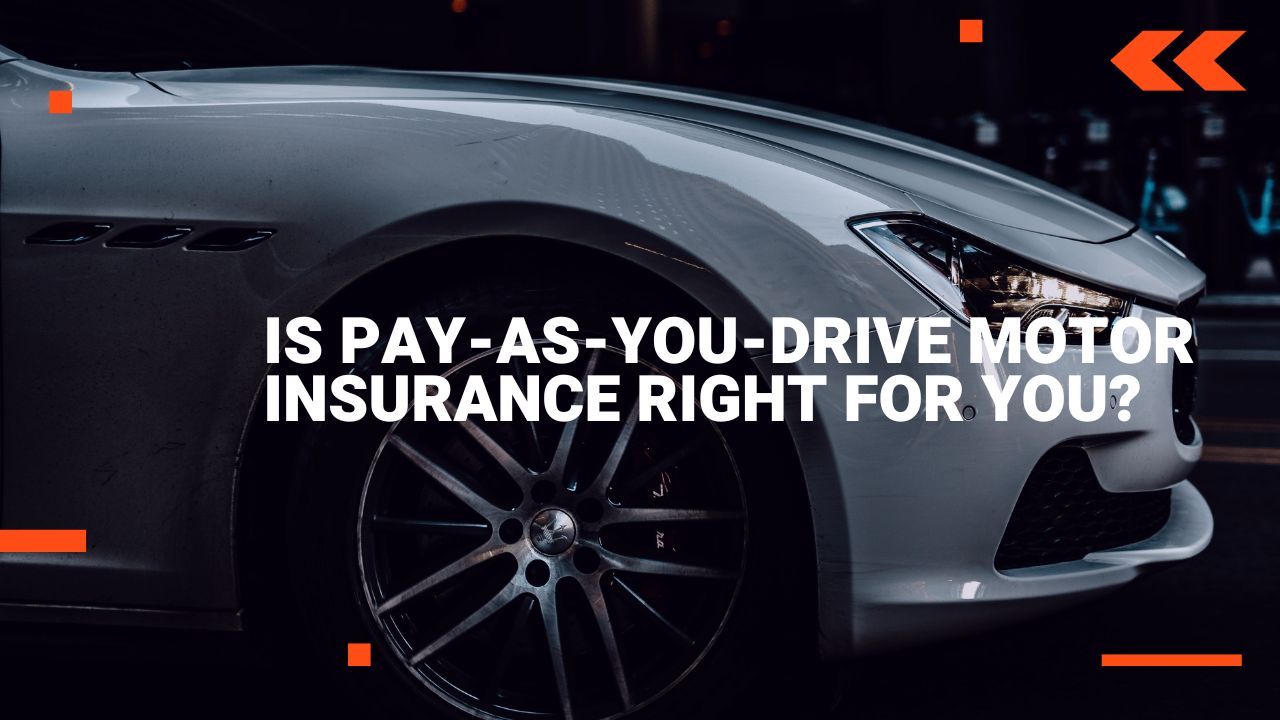In the ever-evolving auto insurance landscape, a new player has emerged: Pay-As-You-Drive (PAYD) insurance. This innovative approach promises to tailor your premiums to your actual driving habits, potentially saving you money while encouraging responsible driving. But is pay-as-you-drive auto insurance the right choice for you? To help you decide, let’s explore the pros and cons of PAYD insurance.
What is pay-as-you-drive auto insurance?
With pay-as-you-drive (PAYD) insurance, also known as pay-as-you-drive (UBI), your premiums are calculated based on the amount and quality of your driving. Instead of paying a fixed annual premium, you pay a variable interest rate that is determined by factors such as the distance you drive, your driving habits, and the hours you drive. This model uses telematics technology to collect and analyze driving data through devices installed in your vehicle.
How does PAYD insurance work?
Telematics device installed: When you sign up for PAYD insurance, a telematics device will be installed in your car.
The device records a variety of driving metrics:
Data collection: The device collects data about your driving habits, including speed, acceleration, braking, and distance traveled.
Premium calculation: The data is analyzed to calculate your premium. Safe, infrequent drivers receive lower premiums, but risky driving behaviors can end up costing you more.
Periodic feedback: Many PAYD insurers provide regular feedback on your driving behavior to understand ways you can improve and potentially reduce your premiums. Who can benefit from PAYD insurance? While PAYD insurance offers potential savings and other benefits, it’s not a one-size-fits-all solution.
Here are some scenarios where PAYD insurance may be a good fit
Low-mileage drivers: If you don’t drive often, PAYD insurance can be a cost-effective option. Generally, the fewer miles you drive, the lower your risk, which means lower premiums.
Safe drivers: If you’re a careful driver who drives speed limits, avoids hard braking, and obeys traffic laws, PAYD insurance can reduce your premiums based on your good driving behavior. Urban commuters: For those who primarily use public transportation and only occasionally drive, PAYD insurance can offer significant savings compared to traditional insurance.
Young or new drivers: Young or new drivers often face high insurance premiums. If you have safe driving habits, PAYD insurance can be a cheaper alternative.
Potential benefits of PAYD insurance
Cost savings: The main benefit of PAYD insurance is the potential for cost savings. By adjusting your premiums based on your actual driving behavior, you pay only for the coverage you need. Encourage safe driving: Regular feedback on driving behavior encourages safer driving, which not only reduces insurance premiums but also improves road safety.
Environmental impact: PAYD insurance encourages driving less, contributing to reduced carbon emissions and a smaller environmental footprint.
Transparency: With PAYD insurance, you get clear insight into how your driving behavior affects your premiums, which increases transparency compared to traditional insurance.
Things to consider before deciding on PAYD insurance
While PAYD insurance has many benefits, there are also some factors to consider.
Privacy concerns: Telematics devices collect detailed data on driving behavior, which may raise privacy concerns for some drivers.
Variable premiums: Safe and infrequent drivers benefit from lower premiums, while riskier and more frequent drivers may incur higher costs compared to traditional insurance. Device Installation: Having to install a telematics device in a vehicle may be inconvenient or undesirable for some drivers.
Limited Availability: PAYD insurance is still a relatively new concept and availability may be limited depending on your location and insurance company.
Is PAYD Insurance Right for You?
Whether PAYD insurance is right for you will depend on your driving habits, lifestyle, and preferences. Here are some questions to help determine if PAYD insurance is right for you:
How often do you drive?
Are you a safe, careful driver? Do you primarily use public transportation or do you rarely travel? Are you comfortable with telematics devices that record your driving behavior? Are you looking for a way to save money on your car insurance premiums? If you answered yes to most of these questions, PAYD insurance could be a beneficial option for you.
Pay-as-you-drive auto insurance offers a flexible, cost-effective alternative to traditional insurance. It encourages responsible driving by giving safe, infrequent drivers lower premiums and provides a transparent, personalized insurance experience. However, it’s important to weigh the potential benefits and considerations to determine if PAYD insurance is the right choice for you.
Consider your options, compare insurers, and take your driving habits into account to make an informed decision. Whether you choose PAYD insurance or stick with traditional insurance, the key is to ensure you have the coverage that best suits your needs and keeps you safe while traveling.
